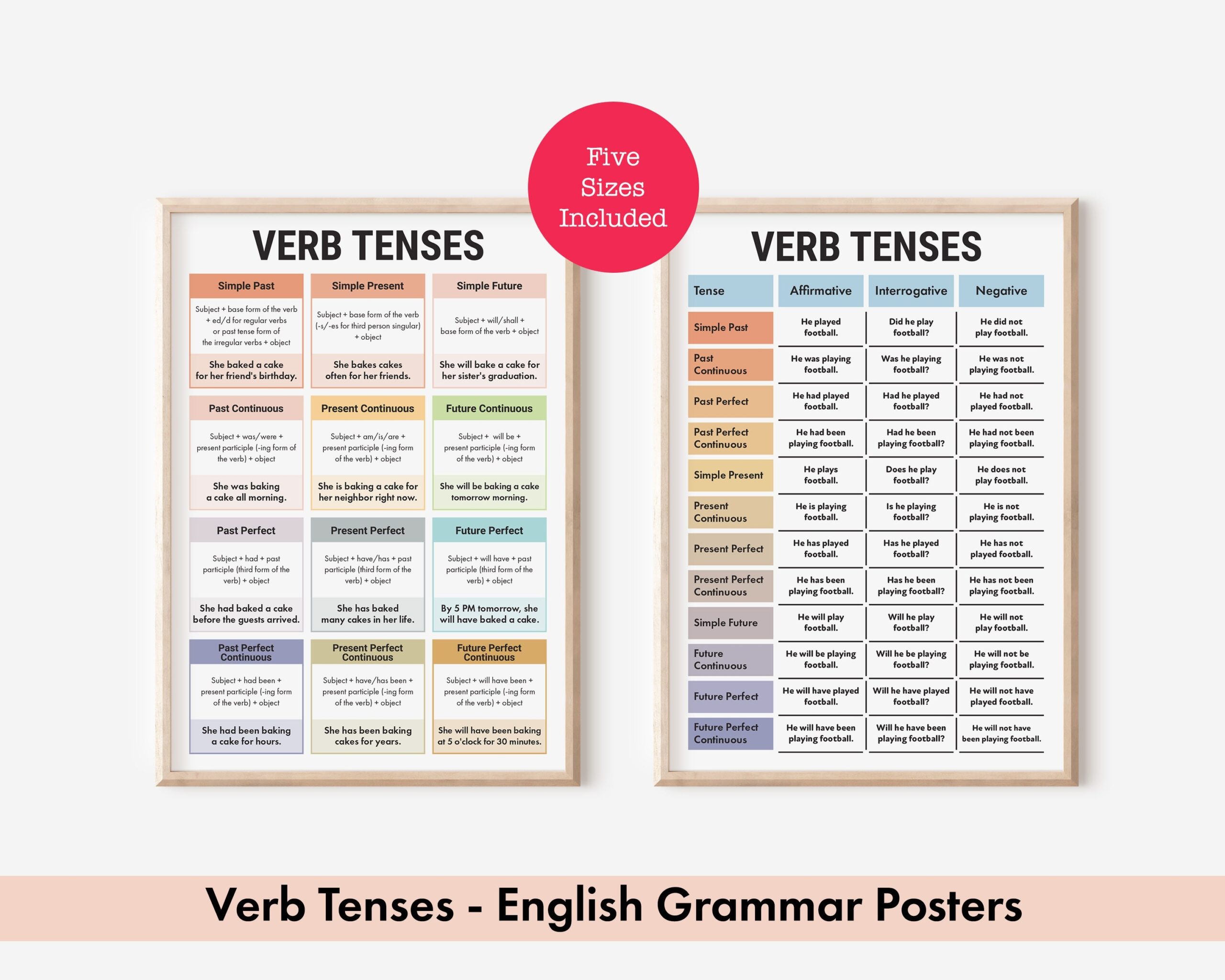Learning English tenses can be a challenging task for many students. However, understanding the different tenses is crucial for effective communication in English. By mastering the 12 English tenses, you can express yourself more clearly and accurately in both spoken and written English.
In this article, we will explore the 12 English tenses chart and provide examples to help you better understand how each tense is used in context.
12 English Tenses Chart
Present Simple: I play
Present Continuous: I am playing
Present Perfect: I have played
Present Perfect Continuous: I have been playing
Past Simple: I played
Past Continuous: I was playing
Past Perfect: I had played
Past Perfect Continuous: I had been playing
Future Simple: I will play
Future Continuous: I will be playing
Future Perfect: I will have played
Future Perfect Continuous: I will have been playing
Each of these tenses serves a different purpose and is used in specific situations. Let’s delve into each tense in more detail:
The Present Simple tense is used to describe habitual actions or general truths. For example, “She plays the piano every day.”
The Past Continuous tense is used to describe actions that were ongoing in the past. For example, “I was studying when you called.”
The Future Perfect tense is used to describe actions that will be completed at a specific point in the future. For example, “By next year, I will have graduated.”
Understanding and practicing these tenses will help you become more proficient in English grammar and improve your overall communication skills.
In conclusion, mastering the 12 English tenses is essential for becoming a fluent English speaker. By familiarizing yourself with the different tenses and practicing their usage, you can communicate more effectively and confidently in English.
